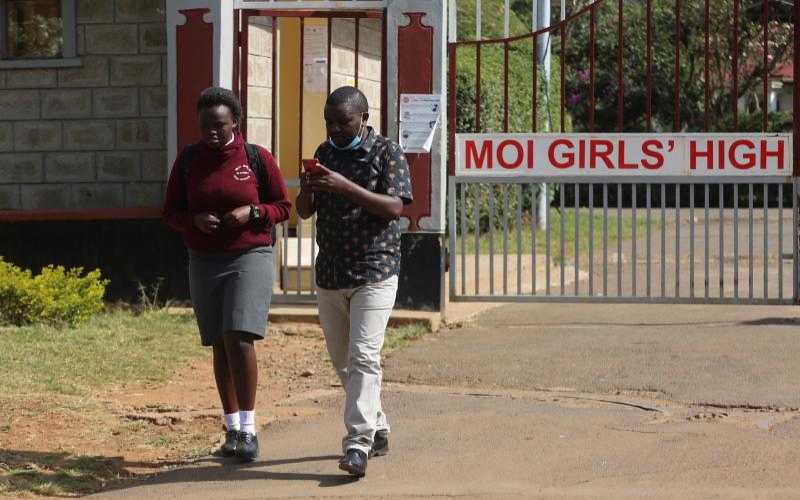×
The Standard e-Paper
Smart Minds Choose Us

A parent and his daughter exit Moi Girls High School in Eldoret. [Peter Ochieng, Standard]
The closure of Moi Girls High School in Eldoret following a students’ strike is a clarion call for reforms in our boarding schools. Students accused the school leadership of corruption and mismanagement, including intimidation of teachers and support staff, power outages, lack of textbooks, poor dining conditions, and general neglect of student welfare.